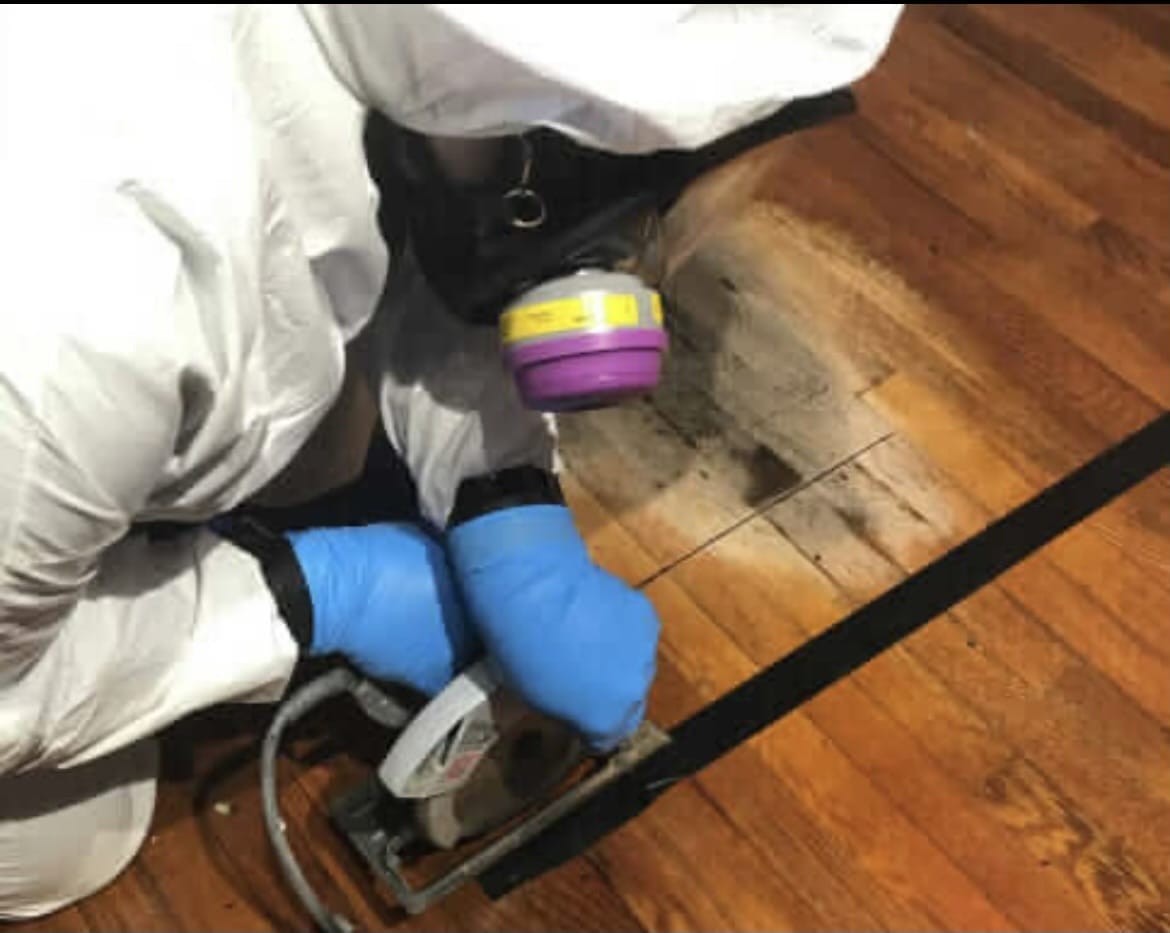Crime scene cleaning is a specialized and intricate process that involves the thorough decontamination and restoration of an area where a crime or traumatic event has occurred. This meticulous undertaking requires a combination of expertise, specialized equipment, and strict adherence to safety protocols to ensure that the area is properly cleaned and restored to a safe and habitable condition.
One of the primary components of crime scene cleaning is the removal of biohazardous materials such as blood, bodily fluids, and tissue. These substances can pose serious health risks if not handled properly, as they may contain pathogens and infectious agents. Crime scene cleaners are trained to safely and effectively remove these materials using appropriate protective gear, including gloves, masks, and full-body suits, to minimize the risk of exposure.
In addition to removing biohazardous materials, crime scene cleaning also involves disinfecting surfaces to eliminate any remaining pathogens and prevent the spread of infection. Specialized cleaning agents and disinfectants are used to thoroughly clean and sanitize the area, ensuring that it is safe for occupants once the cleaning process is complete.
Proper disposal of contaminated materials is another crucial aspect of crime scene cleaning. Biohazardous waste must be carefully packaged and transported to designated disposal facilities in accordance with local regulations and guidelines. Crime scene cleaners are trained to handle and dispose of these materials safely and responsibly, minimizing the risk of environmental contamination and public health hazards.
Beyond the physical cleaning and decontamination process, crime scene cleaners also play a vital role in restoring the psychological well-being of those affected by the traumatic event. They approach their work with empathy and compassion, recognizing the sensitive nature of the situation and the importance of treating the affected individuals with dignity and respect.
The process of crime scene cleaning is not only complex but also emotionally challenging. Crime scene cleaners often work in high-stress environments and must be prepared to encounter disturbing scenes and emotions. Training and support are essential to help them cope with the psychological toll of their work and ensure that they can perform their duties effectively and compassionately.
In summary, crime scene cleaning is a multifaceted process that requires expertise, specialized equipment, and a commitment to safety and compassion. By carefully removing biohazardous materials, disinfecting surfaces, properly disposing of contaminated waste, and providing support to those affected by the traumatic event, crime scene cleaners play a vital role in restoring safety, cleanliness, and peace of mind to affected individuals and communities.



